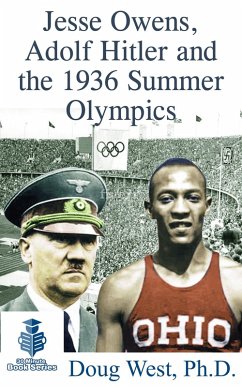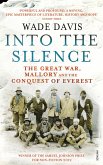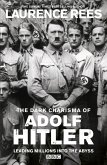The similarities between the two men end there. While Adolf Hitler became angered and enraged by his circumstances, and by the fate of Germany following the First World War, Jesse Owens went out of his way to help people. Even when he faced the cruelty of racism in the United States, Owens saw the best in others. He spent most of his days working with children and teenagers, making a conscious effort to give them the guidance and support they needed to enact positive change in the world. In contrast, Hitler turned to hatred, divisiveness, and conflict in his attempts to change the world in his image.
Owens was an open-minded man who spent his life bettering the lives of his family and the community at large. Even when others asked him to denounce the racist tendencies of Adolf Hitler, he chose to grudgingly respect the German leader. Meanwhile, Hitler's experiences only fueled his hatred of anyone who was not Aryan and German.
In this book, we will explore the lives of both men leading up to the 1936 Berlin Olympics. Then, we will take a closer look at the effects of that summer on the rest of their years.
Dieser Download kann aus rechtlichen Gründen nur mit Rechnungsadresse in A, B, CY, CZ, D, DK, EW, E, FIN, F, GR, H, IRL, I, LT, L, LR, M, NL, PL, P, R, S, SLO, SK ausgeliefert werden.









